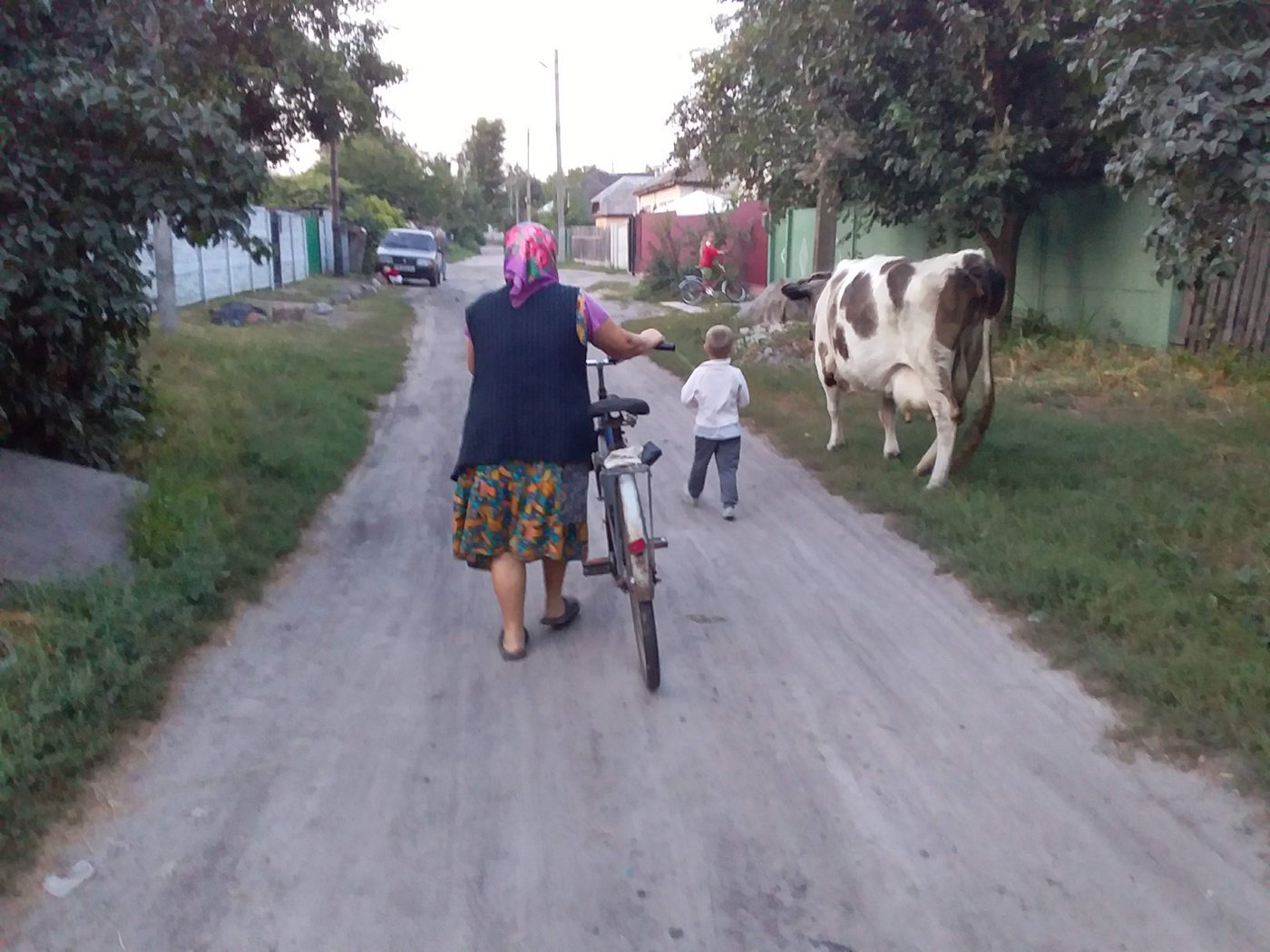Invisible work.
Productive and reproductive labour of women in rural areas in Ukraine before and after the collectivisation in USSR.
Dissertation project
led by Ania Zorh, Institute for Art Theory and Cultural Studies
Project start: 01.10.2017
Abstract
This work reviews phenomena of collectivisation from feminist point of view and positions the research in the field of women’s history. Women, their body and their life were subject to state control in various states and times. In my thesis I show that the 20th century and the Soviet Union are no exception. I focus on the period of collectivisation in Ukraine (1928-1937) because it has had an immense impact on the life of rural areas and all its (not only human) inhabitants. My goal is to research female labor, cooperation and self-organization before, during and after establishment of kolkhoz and in this way to contribute to the exploration of women's history and of development of feminism in Ukraine. Feminism has been understood in some areas as resistance to patriarchy capitalism. Contrary to that, in this discussion I examine feminism as the history of women’s resistance against socialism and communism.
Short biography
In 2009 Ania Zorh graduated at the National Academy of Fine Art and Architecture, Kiev, with a diploma in painting. Since 2014 she lives and works in Austria. Since 2017 she is writing a PhD thesis at the Academy of Fine Arts, Vienna, in the class of Prof. Elisabeth von Samsonow. Ania Zorh is the founder and board member of feminist art associations “lapanterarosa” (2018) and “prolet.air” (2021), both located in Vienna. In her work Ania Zorh deals with issues of reproductive and unpaid labor, individual and community systems of values, accumulation and distribution of land and capital, hierarchy and cooperation in the feminist and ecological discourses.
